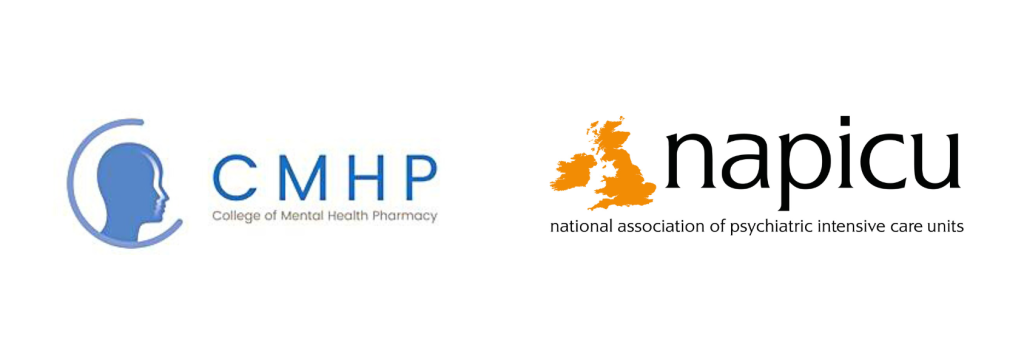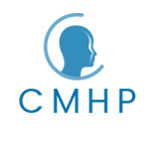This two-afternoon virtual course is designed for staff working in units where a patient may become acutely mentally disturbed. It will introduce the management of acute disturbance and discuss the key areas for prescribing monitoring, and review of medicines used for acute disturbance.

Overview of course
This Pharmacological management of acute disturbance course is jointly run by the College of Mental Health Pharmacy (CMHP) and the National Association of Psychiatric Intensive Care and Low Secure Units (NAPICU). The course will introduce the core clinical issues when prescribing treatments to manage acute disturbance and cover the national guidelines in this area.
Who would benefit from this course?
This course is suitable for all staff who may be involved in the management of patients who become acutely mentally disturbed including nurses, doctors, pharmacy technicians and pharmacists. This course would be beneficial for staff who are working in mental health, forensic or acute settings (especially A&E and emergency medicine) or those working in pre-hospital or ambulance services. It is relevant to those new to mental health and those who have experience working in this setting.
Course content
- Patient experience of acute disturbance
- Restrictive practice legal and ethical issues
- De-escalation techniques
- Evidence for the use of oral and parenteral Rapid Tranquillisation (RT) medication in acute disturbance
- Benzodiazepines, antipsychotics and antihistamines
- Other medications
- Pharmacokinetics of the oral and RT medicines
- Adverse effects and the risks associated with the medication used in acute disturbance (including High Dose Antipsychotic Therapy)
- Use of oral and RT medication in special populations
- Pregnancy
- Children and Adolescents
- Older age and frailty including dementia
- Learning disabilities
- Pre-hospital and acute hospital settings
- Use of Acuphase™
- High dose antipsychotics
- Practical scenarios including switching, next choice and administering in difficult setting
- Monitoring of physical health, review of response and debriefing
Teaching will be led by practising specialist pharmacists, a patient representative and a nurse consultant. It will be delivered via peer reviewed evidence-based lectures, clinical scenarios and discussion groups. Participants are sent details of pre-course preparation associated with the topics, enabling them to prepare and get as much as possible from the sessions themselves.
Proposed 2025 dates
May 2025:
Day 1: Friday 9th May 1-5pm (Online) / Day 2: Friday 16th May 1-5pm (Online)
Nov 2025:
Day 1: Friday 14th November 1-5pm (Online) / Day 2: Friday 21st November 1-5pm (Online)
Cost
£125 for members of either the CMHP or NAPICU and £150 for non-members.
To book onto this course, please use the booking form attached below. For further information about booking onto the course, please contact [email protected].
Programme and speakers
To find out more about the course content, programme times and speakers please see:
Please note: Applications for this event will be acknowledged via confirmatory letter and invoice. If you do not receive this within 5 working days of your application please contact Wendy directly on [email protected]
For further information about CMHP Education courses, please contact CMHP Education Co-Lead Orla Macdonald: [email protected].
CMHP Educational Events
The views expressed within teaching delivered by any individual during a CMHP or NAPICU event are those of the presenter and not of the organisation itself. Materials are reviewed for accuracy of content but anyone attending any educational event hosted by either organisation must take professional responsibility for their own clinical decisions.
Any discussion on off-license or unlicensed medicine use must not be taken as unreserved support for such prescribing. Attendees must be aware of the contents of all relevant Summaries of Product Characteristics as well as any relevant local or national guidelines when prescribing or giving prescribing advice.
